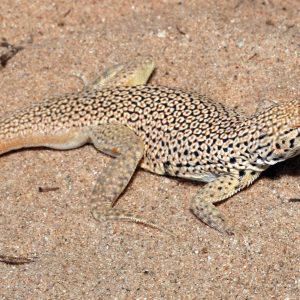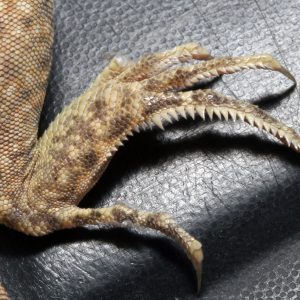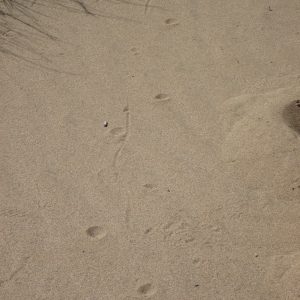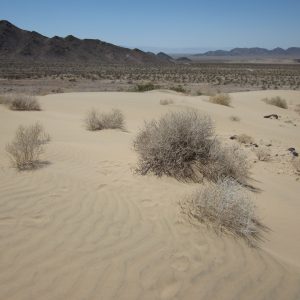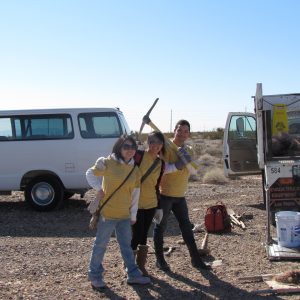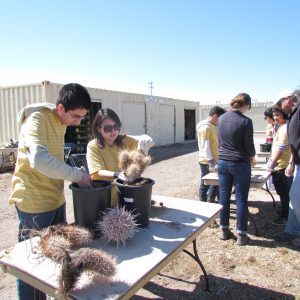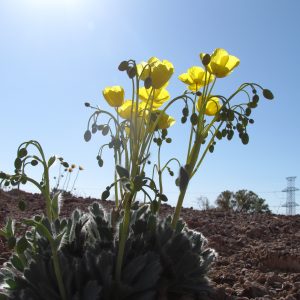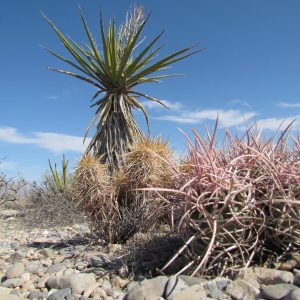I’ve been working over the past few weeks on a USGS project monitoring the survival and spawning movements of shortnose and Lost River suckers in the upper Klamath Basin of southern Oregon. Named for their distinctive bottom foraging mouths, the two endemic fishes are endangered due to a mixture of factors mainly affecting water quality (an issue that seems surprising judging by our proximity to super-clean Crater Lake just to the north). In an effort to track population behavior throughout the season and from year to year, hundreds of fish have been injected with PIT tags (centimeter-long radio-frequency microchips) that identify each individual by number when scanned or picked up by remote antenna.



Along with another intern, my job has been to assist in the capture/recapture and tagging of suckers in Upper Klamath Lake and its tributaries, as well as the maintenance of detection stations. Sampling is performed by boat using trammel nets, and was described to me fairly accurately as “mist netting underwater” (although thankfully fish have fewer pointy bits to get tangled up by than birds). After carefully cutting the fish out, they’re placed in a tub on board and then transferred to a crew on shore for processing and release.


This all takes place by headlamp at night (when net success is highest), under often stormy conditions, and on a virtually undeveloped and untraveled lake, making for quite the exhilarating and surreal environment. It’s beautiful on calm nights, though, with spectacular sunsets over the foothills of the Cascades.

While I’m still in the early stages of the internship, the experience has been very enjoyable and productive so far, and it is helping to clarify for me how working under a federal agency compares to university research. For one thing, it carries with it a greater sense of responsibility since we’re operating on public dollars, and since conservation efforts on the lake have been at the center of much controversy over water rights, involving a diverse group of stakeholders.
I’m looking forward to the variety of projects and learning opportunities ahead, and assuming that my waders and dry suit hold up, it should be a memorable summer!
Tommy Esson
Chicago Botanic Garden-USFWS & USGS
Klamath Falls, OR

